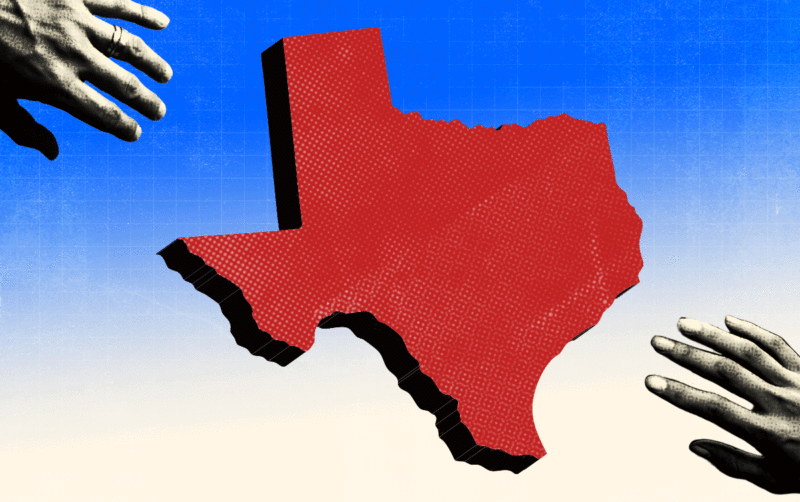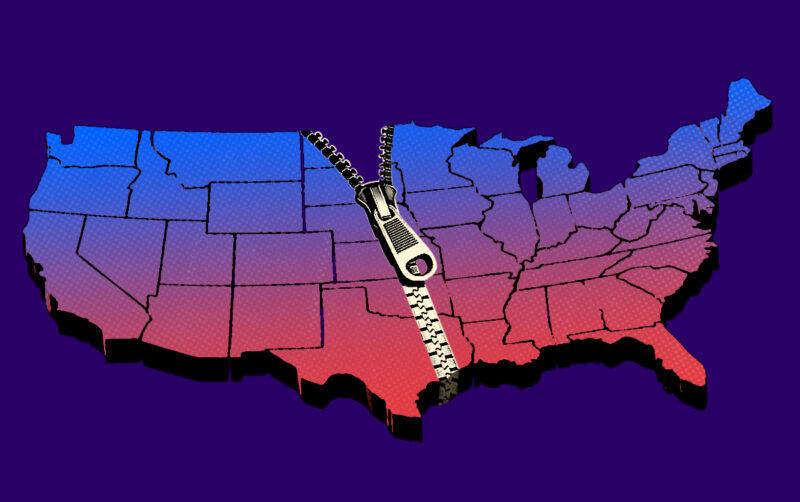Editorial
The Closure of the Epstein Case Reveals a Deeper Crisis
After years of speculation, theories, and public pressure, the Department of Justice says the Epstein investigation is over. There’s no “client list,” no more disclosures coming, and no further charges on the table. But despite the government’s final word, the questions haven’t stopped.
Public outrage is a predictable outcome when powerful systems promise justice and deliver silence. It’s about trust—how easily it breaks and how hard it is to earn back.
What We Know So Far
In 2019, financier Jeffrey Epstein was arrested on federal charges of sex trafficking minors. A month later, he died in his Manhattan jail cell in what was ruled a suicide. But the swirl of powerful names linked to Epstein—through parties, plane logs, and business ties—sparked intense public curiosity and widespread suspicion.
Then came the political promises. In his 2024 campaign, Trump and his team—especially figures like Kash Patel, Dan Bongino, and Pam Bondi—publicly pledged to declassify Epstein materials, promising transparency about potential co-conspirators. Bondi said she was reviewing the “Epstein Files,” and high-profile Trump allies hinted that bombshell revelations were coming. In February 2025, a batch of documents was released, but most of them were already public. Then, in July, the DOJ and FBI issued a memo stating no client list exists, no new disclosures would be made, and that much of the material must remain sealed to protect victims and ongoing cases.
Just like that, the curtain fell. And people on both sides of the political aisle were left with more frustration than answers.
Why the Silence?
The Justice Department has cited several reasons for withholding further information: the need to protect victims’ privacy, the sensitive nature of ongoing investigations, and the existence of court-sealed materials.
Those are serious, valid concerns. But they also stand in contrast to years of messaging that suggested we’d eventually see a fuller picture. When officials shift tone and direction with no clear explanation, public trust doesn’t just waver—it fractures.
The result? A vacuum where suspicion and misinformation thrives. And a growing number of Americans now believe justice depends not on facts, but on who you are and who you know.
What the Left and Right Agree On
If you strip away the usual partisan framing, there’s surprising common ground here.
Both sides see the case as another example of a rigged system—where money, power, and elite status shield people from accountability. Both feel betrayed by promises of transparency that turned into silence. And both are skeptical that a network of abuse involving dozens of victims could be carried out by one man alone.
Democratic and Republican lawmakers alike have called for more transparency. So have activists, journalists, and survivors. This isn’t about red vs. blue—it’s about whether our institutions still serve the public interest when that interest gets politically inconvenient.
Why Transparency & Accountability Matters
This moment reveals a deeper crisis. When systems promise accountability and then go dark, people start to disengage. Not just from politics—but from democracy itself.
We may never get a full list of names. We may never see every page. But if the people meant to protect the public can’t—or won’t—follow the truth all the way through, what are we left with? That doesn’t mean every theory deserves airtime. Wild speculation can hurt real people and real investigations. But calls for transparency—especially when they come from survivors, not just internet sleuths—are not conspiracy-mongering. They’re a plea for credibility and justice.
We’re not here to suggest the government is hiding more than it says it has. But let’s be clear: there were victims. And that means there were other perpetrators. Not hypothetical ones—real people, who are presumably still walking free. A justice system that stops with Epstein and Maxwell isn’t a full system. It’s a loophole dressed up as closure.
This case has always been about more than one man. It’s about the institutions that looked away, the prosecutors who backed down, the headlines that faded too fast. If we want to prevent the next Epstein—not just the person, but the system that enabled him—we have to build a culture of accountability that doesn’t flinch when power is on the line.
—Alex Buscemi (abuscemi@buildersmovement.org)
We’re a nonprofit, nonpartisan organization on a mission to overcome our most toxic divides.
Sign up for our FREE weekly newsletter.
Keep Reading

Doomscroll Detox: 6 Steps to Take Back Your Sanity

DEBUNKED: 4 Myths Keeping Texas Divided—and One Truth to Inspire You
